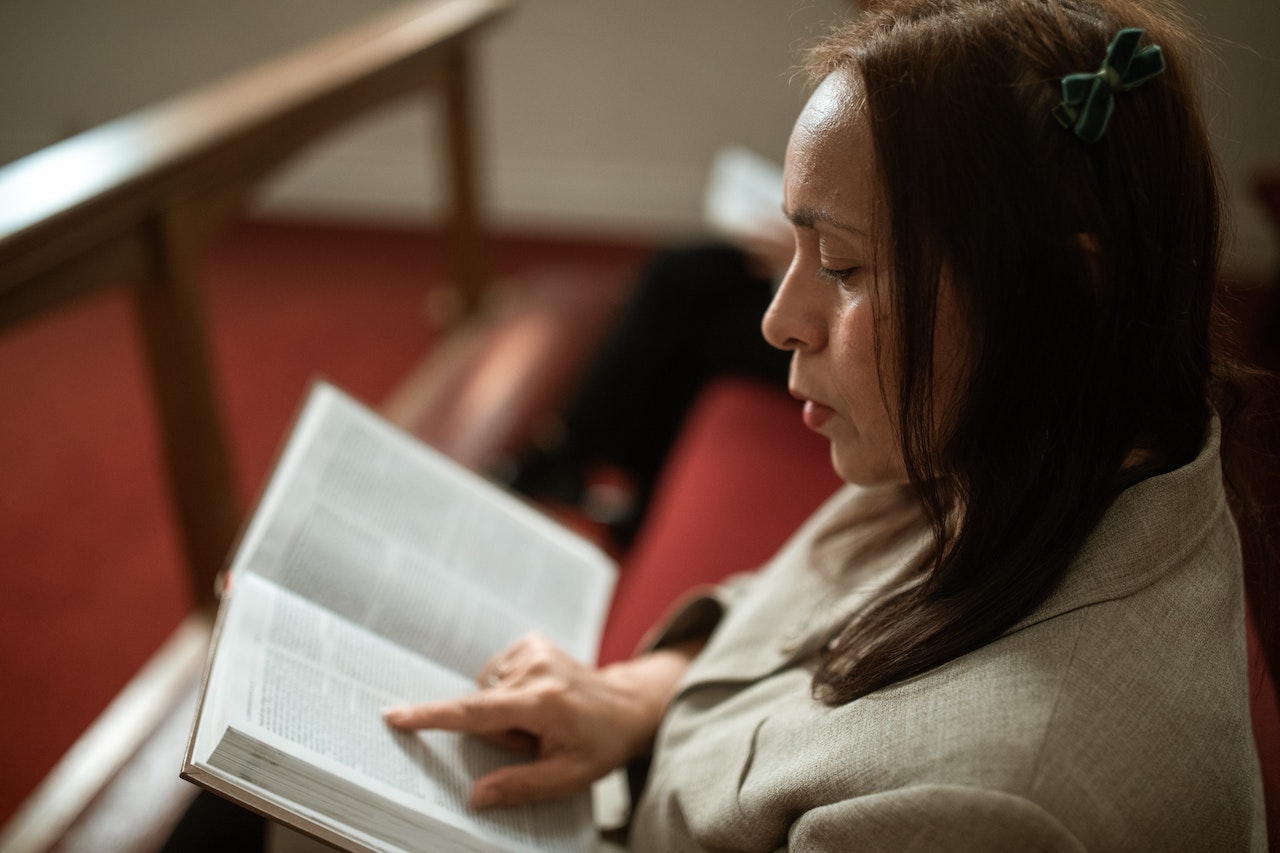The question of whether Christians can have piercings is one that has been debated for centuries. While some denominations of Christianity may have stricter rules about piercings, the Bible does not explicitly forbid them. Ultimately, it is up to each individual Christian to decide whether or not they feel comfortable with having piercings. In this article, we will explore the various opinions on this topic and provide some guidance for those who are considering getting a piercing.
Table of Contents
Exploring the Biblical Basis for Piercing: What Does the Bible Say?
Have you ever wondered if piercing is allowed in the Bible? It’s a valid question, and one that many people have asked. After all, body modification has been around for centuries, and it’s not uncommon to see people with piercings today. So, what does the Bible say about piercing?
The Bible doesn’t explicitly mention piercing, but there are a few passages that can help us understand its stance on the matter. In Leviticus 19:28, God commands the Israelites to not make any cuts in their flesh for the dead or put tattoo marks on themselves. This passage is often interpreted as a prohibition against body modification, including piercing.
However, there are other passages that suggest that piercing may be acceptable. For example, in Exodus 32:2-4, Moses’ brother Aaron is instructed to make a golden calf for the Israelites to worship. This calf was made with earrings, which suggests that piercing may have been acceptable in certain contexts.
Ultimately, the Bible doesn’t provide a clear answer on the issue of piercing. Some people interpret the passages mentioned above as a prohibition against body modification, while others see them as evidence that piercing may be acceptable in certain contexts. Ultimately, it’s up to each individual to decide what they believe is right.
Piercing and the Christian Faith: Examining the Pros and Cons
When it comes to body piercing and the Christian faith, there are both pros and cons to consider. It’s important to remember that everyone’s faith journey is unique, and ultimately, it’s up to each individual to decide what’s right for them.
On the pro side, some Christians believe that body piercing can be a form of self-expression and a way to honor God. For example, some people may choose to get a piercing to symbolize their faith or to commemorate a special event in their life. Additionally, some Christians believe that body piercing can be a form of self-care, as it can be a way to express one’s individuality and creativity.
On the con side, some Christians believe that body piercing is a form of vanity and can be a distraction from focusing on God. Additionally, some Christians believe that body piercing can be a form of rebellion against God’s will. Additionally, some Christians believe that body piercing can be a form of self-harm, as it can lead to infection and other health risks.
Ultimately, it’s up to each individual to decide what’s right for them when it comes to body piercing and the Christian faith. It’s important to remember that everyone’s faith journey is unique, and it’s important to be respectful of other people’s beliefs. If you’re considering getting a body piercing, it’s important to do your research and make sure that you’re making an informed decision.
Piercing and the Church: How Different Denominations View Body Modification
When it comes to body modification, such as piercing, different denominations of the Christian Church have varying views. Some denominations are more open to body modification than others, while some are more conservative. Let’s take a look at how different denominations view body modification.
The Catholic Church is generally more conservative when it comes to body modification. The Church does not condone any type of body modification, including piercing. The Church believes that the body is a temple and should be respected and treated with dignity.
The Anglican Church is more open to body modification than the Catholic Church. The Church does not have an official stance on body modification, but it does not condemn it either. The Church believes that body modification is a personal choice and should be respected.
The Lutheran Church is also more open to body modification than the Catholic Church. The Church does not have an official stance on body modification, but it does not condemn it either. The Church believes that body modification is a personal choice and should be respected.
The Methodist Church is also more open to body modification than the Catholic Church. The Church does not have an official stance on body modification, but it does not condemn it either. The Church believes that body modification is a personal choice and should be respected.
The Presbyterian Church is also more open to body modification than the Catholic Church. The Church does not have an official stance on body modification, but it does not condemn it either. The Church believes that body modification is a personal choice and should be respected.
The Baptist Church is more conservative when it comes to body modification. The Church does not condone any type of body modification, including piercing. The Church believes that the body is a temple and should be respected and treated with dignity.
Overall, different denominations of the Christian Church have varying views on body modification. Some denominations are more open to body modification than others, while some are more conservative. Ultimately, it is up to each individual to decide what is right for them.
Piercing and Self-Expression: How Can Christians Express Themselves Through Body Art?
Body art is a great way for Christians to express themselves and their faith. Whether it’s a small tattoo or a full-body piercing, body art can be a powerful way to show your beliefs and values.
For Christians, body art can be a way to show their faith in a creative and meaningful way. It can be a reminder of God’s love and grace, or a symbol of hope and strength. It can also be a way to express your individual identity and values.
When considering body art, it’s important to remember that it’s a personal decision. It’s important to think carefully about what you want to express and how it will reflect your faith. It’s also important to consider the potential consequences of body art, such as pain, infection, and scarring.
When it comes to body art, there are many options available. Tattoos are a popular choice, and there are many Christian-themed designs to choose from. Piercings are also popular, and there are many different types of piercings that can be used to express your faith.
No matter what type of body art you choose, it’s important to remember that it’s a personal decision. It’s important to think carefully about what you want to express and how it will reflect your faith. It’s also important to consider the potential consequences of body art, such as pain, infection, and scarring.
Ultimately, body art is a great way for Christians to express themselves and their faith. Whether it’s a small tattoo or a full-body piercing, body art can be a powerful way to show your beliefs and values.
Conclusion
In conclusion, whether or not Christians can have piercings is a personal decision that should be made based on individual beliefs and convictions. Ultimately, it is up to each individual to decide if piercings are acceptable in their faith.
For licensing reasons, we must provide the following notice: This content was created in part with the help of an AI.


